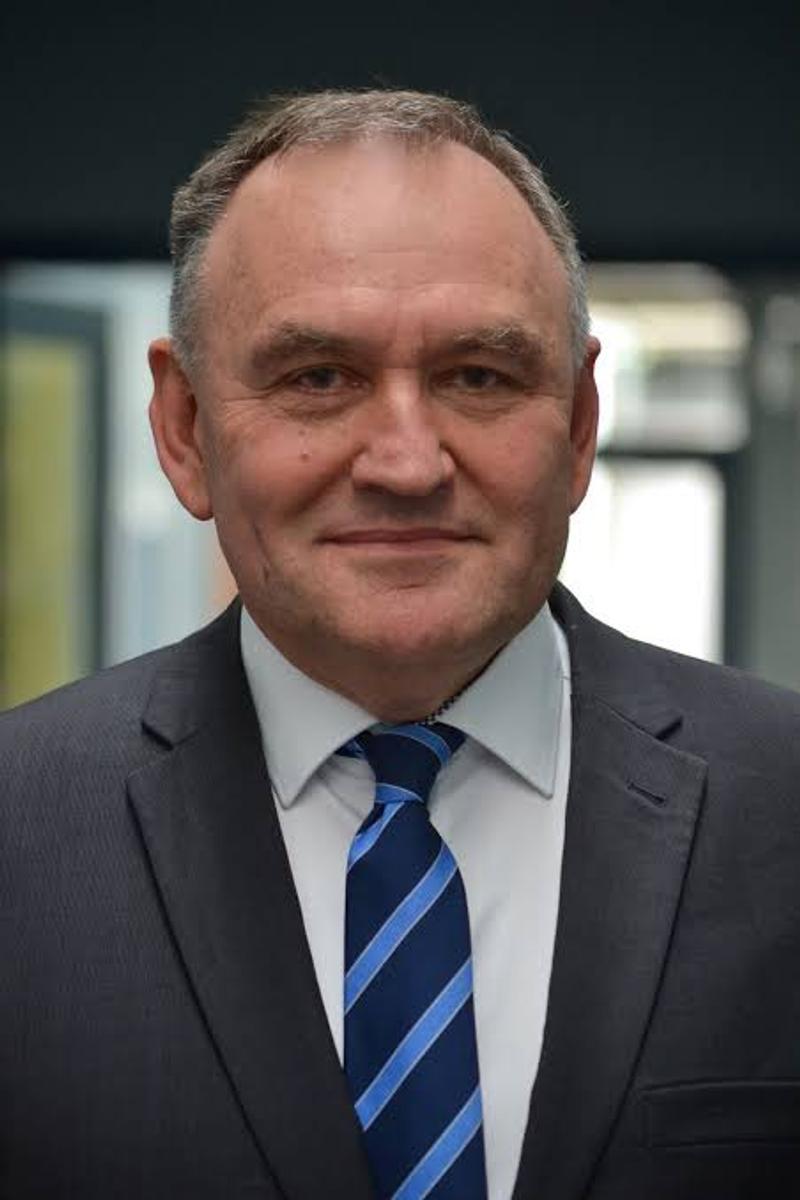From the Memory Box
Henry Grossek- Principal Berwick Lodge Primary School

From the Memory Box
Henry Grossek- Principal Berwick Lodge Primary School
Issue No 23


Ever looked in the mirror and wondered what you were seeing? You at your best, or something else? I’ve spoken to many people over the years about what they see when they look into a mirror – more than a few say that they do not see what they would like to see – perceived imperfections rule the view. As a metaphor, we often use the mirror of self-reflection in unkind ways, none of which are in our mental health’s best interests.
A fascinating study by Daniel Kolubinski and his colleagues at London South Bank University (2021), found that when ruminative self-criticism becomes more than a way to correct yourself for a mistake or weakness, dangers exist for your mental health in several ways. Most interesting of all, was the finding that your focus on your flaws can morph into the process of thinking there’s something wrong with you for blaming yourself for these flaws. Why do people do this to themselves?
Lots of reasons are forwarded – ranging from an unquenchable desire for self-improvement to an inability to satisfy others’ expectations of us, and much in between.
The dilemma we therefore face is that of finding ways to strike a healthy balance – critical self-reflection that, in being authentically kind to oneself, leads to paths of growth rather than diminishment. That’s often easier said than done, as I too have found out.
Let’s take our work as school leaders. It is impossible to argue successfully, I contend, against developing a culture of continuous improvement in our schools. That would deny staff the opportunity to grow professionally and students to be the beneficiaries of evidence-based learning improvement programs and strategies. Problems do arise, however, when the push for continuous improvement becomes too narrow in focus, unreasonable or heavy-handed.
Then there are complaints, and we’ve all dealt with them. Again, there are reasonable complaints and those that are not. Current evidence indicates that complaints directed to, or at, school principals are on the rise and this escalation invites the conclusion that as the number of complaints rise so too does the number that are not reasonable. In essence, complaints are seeking some form of redress or improvement. It is the unreasonable complaints that chisel away at our inner selves. They drain enthusiasm and that’s dangerous.
This then brings us back to the mirror. This time, however, our mirror is not the one in which we can instantly spot our ‘physical imperfections’, but the one we carry around in our head. The one which, too readily beats up on us. If the problem we have with the real mirror is that what we see, we cannot change – save for a facelift, some Botox here and there, change of hair colour or a hair transplant to name but a few, the mirror in our heads is something else.
I have often wondered, having participated in many more than a few Annual Implementation Plan (AIP) evaluations and school reviews, whether those conducting these evaluations and reviews fully comprehend the impact on principals (not to mention all school staff), of commentary along the lines of ‘well your results are great this year but you’re going to have to work hard next year to avoid slippage’. Those whose results have dipped or not improved, know only too well what they will hear. As well-intentioned as those types of remarks may be, they worm their way deep into minds and park at our internal mirrors. The pressure is always on.
Similarly, post pandemic, I’ve wondered what has happened to that moment in time during the darkest days of the pandemic with parents under the pump with their involvement remote learning with their children, when gratitude for the work done by school staff was at unprecedently high levels. Dealing with some complaints these days reminds one of the ebb and flow of tides – are we back at high tide now?
Being time poor as so many of us are, not to mention exhausted at the end of the day, there’s often precious little time left to divorce ourselves from our internal mirrors and reimagine our worth. When I was a principal, young in the role, I had the benefit of wise, experienced colleagues, only too willing to replace my internal mirror with one that was kinder to me. even if only for the time it took to share a coffee or a phone call.
I recall being hesitant to reach out for fear of making a fool of myself. When I did, I was glad that I did. Above all else, it took away my sense of aloneness.